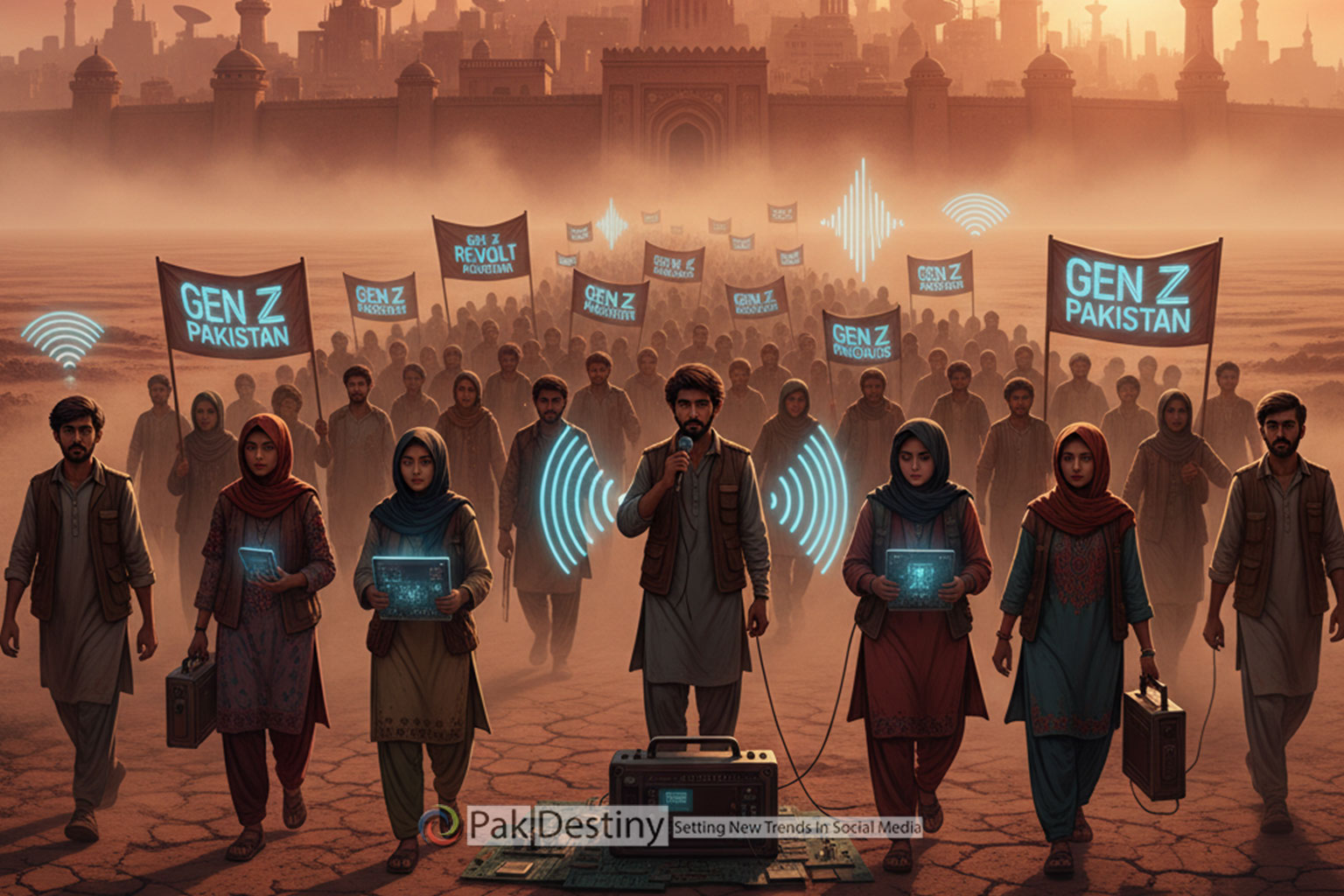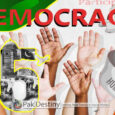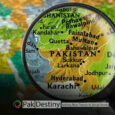
By Irum Saleem
“Gen Z revolt” — is talk of the town these days.
“Nepal”s restless youth have shaken the political order. What began as outrage over a sweeping ban on 26 social media platforms escalated into an uprising that torched parliament, ministries and the prime minister’s residence, leaving more than 30 dead and over 1,000 injured,” Dawn writes.
Prime minister K.P. Sharma Oli resigned, but the fury has not abated. On the streets of Kathmandu, the army still patrols, enforcing curfews. Soldiers stand watch outside the charred shell of parliament. Essential services are limping back: international flights have resumed at Tribhuvan International Airport, hospitals are treating hundreds of wounded, and some ministries are operating from alternative offices. But trade routes remain disrupted, media houses have been burned, and public life in the capital remains largely paralysed. Tourism, one of Nepal’s main earners, has collapsed overnight.
The restoration of social media has not quieted anger. Protesters demand more: accountability, an interim administration led by a neutral figure, and justice for those killed.
“Discontent has been brewing for a while. Young Nepalis, facing mass unemployment and corruption, rage against the spectacle of ‘nepo kids’, flaunting privilege while millions of their peers migrate abroad for work. Online memes have become real mobilisation, fuelled by anger at political dynasties recycling power. Global reaction has been cautious,” it says.
The UN and rights groups have urged restraint and investigations. India worries about instability along its long border; China calls only for order. For now, Kathmandu’s crisis is domestic, but regional states must recognise this for the familiar script it is. Sri Lankans forced out a president in 2022. Bangladeshi students toppled Sheikh Hasina Wajed last year. Across South Asia, young people are challenging gerontocratic elites who treat power as inheritance.
“The uprisings differ in trigger but share a common driver: a generation unwilling to tolerate misrule. Other governments would be wise to see in Nepal not chaos to dismiss, but a warning to heed,” Dawn writes.






